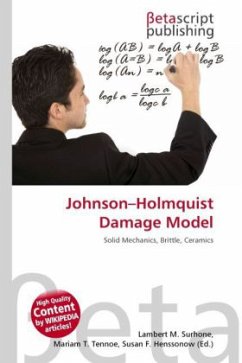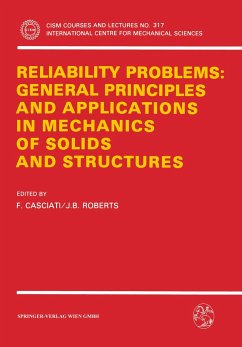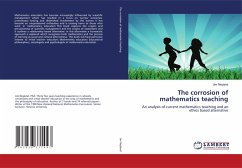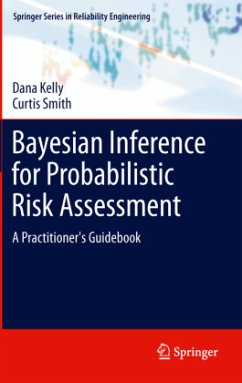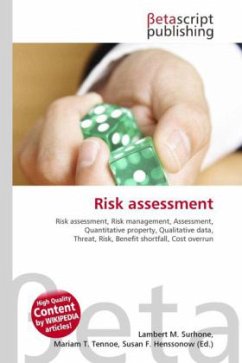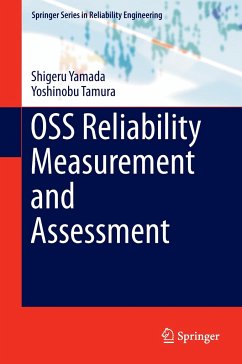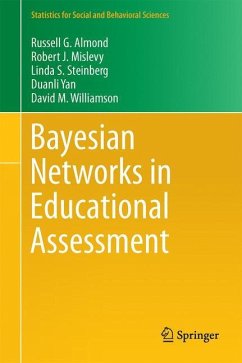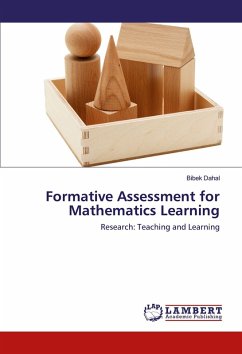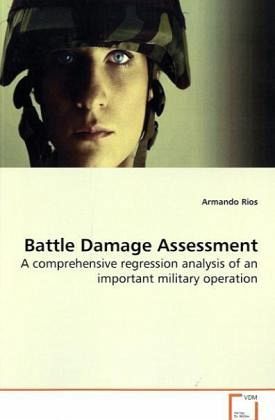
Battle Damage Assessment
A comprehensive regression analysis of an important military operation
Versandkostenfrei!
Versandfertig in 6-10 Tagen
32,99 €
inkl. MwSt.

PAYBACK Punkte
16 °P sammeln!
At the conclusion of Operation Desert Storm, the Department of Defense (DoD) recognized Battle Damage Assessment (BDA) as the major failure within the intelligence community. Battle Damage Assessment is a critical component of combat operations that determines the level of damage inflicted on a target. BDA is currently simulated in the Combined Arms and Support Task Force Evaluation Model (CASTFOREM), which is a high resolution, stochastic simulation system used by Army to conduct analysis of tactical operations. The current algorithm employed by CASTFOREM to simulate BDA is a heuristic relati...
At the conclusion of Operation Desert Storm, the
Department of Defense (DoD) recognized Battle Damage
Assessment (BDA) as the major failure within the
intelligence community. Battle Damage Assessment is
a critical component of combat operations that
determines the level of damage inflicted on a
target.
BDA is currently simulated in the Combined Arms and
Support Task Force Evaluation Model (CASTFOREM),
which is a high resolution, stochastic simulation
system used by Army to conduct analysis of tactical
operations. The current algorithm employed by
CASTFOREM to simulate BDA is a heuristic relatively
simplistic in nature primarily developed for
facilities and armored vehicles.
The objective of this book is to correctly model the
cognitive decision made by the soldier and to gain
insight on how different situational factors such as
type of target, target s actions and target s
observable physical damage affect BDA. The technical
approach involves survey design, data generation,
comparison of different regression techniques and
cross-validation. Improvement on the current AMSAA
algorithm will permit to simulate BDA in a more
realistic manner.
Department of Defense (DoD) recognized Battle Damage
Assessment (BDA) as the major failure within the
intelligence community. Battle Damage Assessment is
a critical component of combat operations that
determines the level of damage inflicted on a
target.
BDA is currently simulated in the Combined Arms and
Support Task Force Evaluation Model (CASTFOREM),
which is a high resolution, stochastic simulation
system used by Army to conduct analysis of tactical
operations. The current algorithm employed by
CASTFOREM to simulate BDA is a heuristic relatively
simplistic in nature primarily developed for
facilities and armored vehicles.
The objective of this book is to correctly model the
cognitive decision made by the soldier and to gain
insight on how different situational factors such as
type of target, target s actions and target s
observable physical damage affect BDA. The technical
approach involves survey design, data generation,
comparison of different regression techniques and
cross-validation. Improvement on the current AMSAA
algorithm will permit to simulate BDA in a more
realistic manner.



